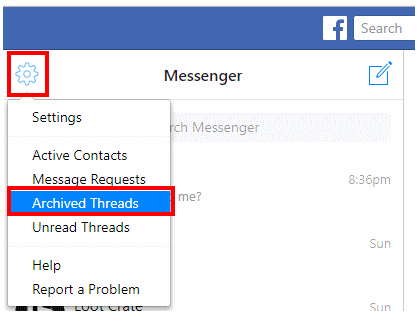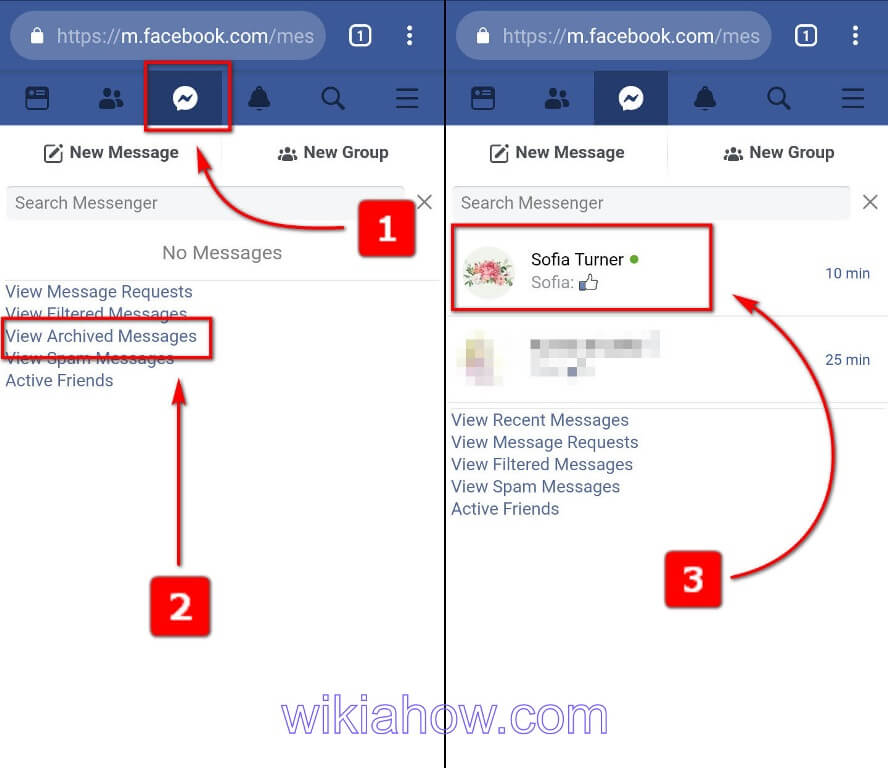
The over-analysis of subtext is one of the vices of our age. Not answering is freeing, but it makes you look suspicious. That sense of urgency almost never reflects reality. Experts speak of an “urgency bias” in messages. To avoid it, we have to exercise passive resistance. Constant connectivity also creates the artificial pressure to respond. That’s the real context, not the one imagined by a user experience designer. Your message may have arrived at a bad moment. We have on our phones an average of 1,602 unread emails and 47 unanswered WhatsApps, according to data from the consulting firm Kantar.

It creates an environment that makes you expect your interlocutor to answer immediately, but that doesn’t always happen.” The other is always a mystery. “Now written communication is designed to be an imitation of real conversation. If everyone expects an immediate response, it’s by design, not because of impatience, according to Sherry Turkle, professor of Social Studies of Science and Technology at MIT and author of several classic books about the man-machine relationship, among them The Second Self (1984) and Alone Together (2010). That’s what we expect when we send an instant message -even the name of the service creates an unrealistic expectation- or even an email. “We answer so quickly that we cannot perceive the pause between the question and answer,” explained University of Sydney linguistics professor N. When we are asked something in a face-to-face conversation, we respond within 200 milliseconds, or 0.2 seconds. Is it acceptable to wait an hour to respond to a WhatsApp? After how many minutes do we have to explain our delay? How many hours must elapse before leaving someone on “read” becomes ghosting? We aren’t willing to wait, and we apologize for minute delays. With the mass adoption of mobile devices, the window of reasonable wait time grows smaller and smaller. Twenty years later, everyone carries a smartphone, and the superpower has become an agonizing obligation. Users of the first blackberries may remember it: they could be reached at any hour of the day or night. There was a moment when responding in real-time was a superpower.

Today, refusing to respond is subversive. “We are becoming empathic machines, mechanically reacting to whatever happens with a smile and a LOL,” wrote Geert Lovink in his 2019 book Sad by Design. Not answering messages is a form of resistance: being ostensibly available, visibly online but without replying, being a sphinx in the era of hyper visibility.


 0 kommentar(er)
0 kommentar(er)
